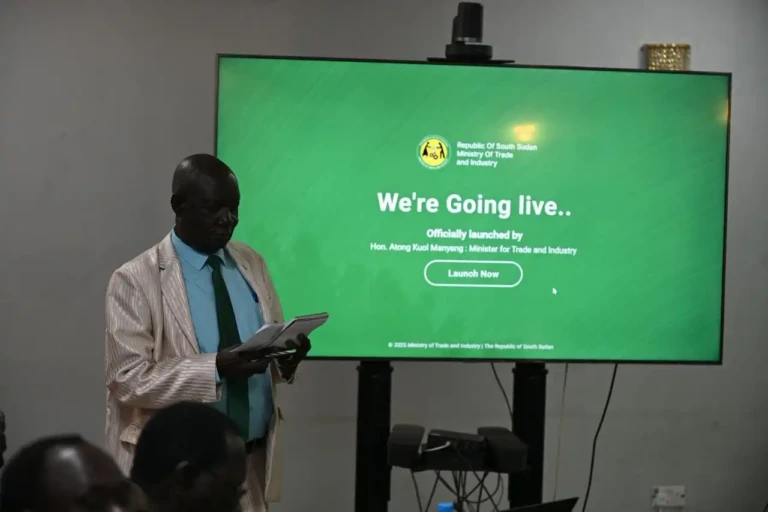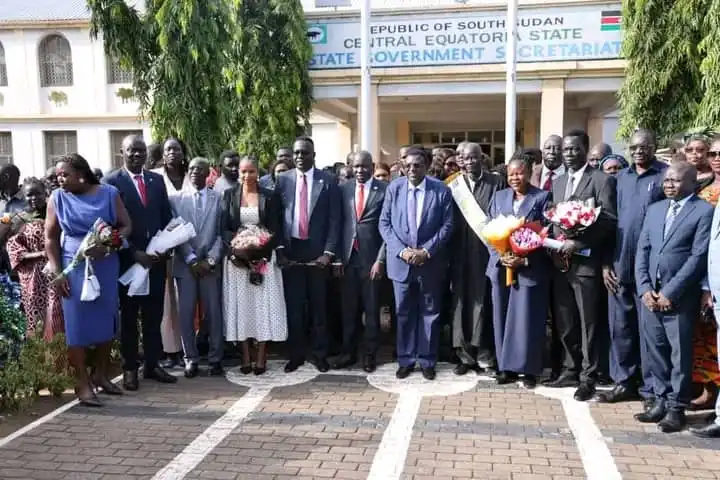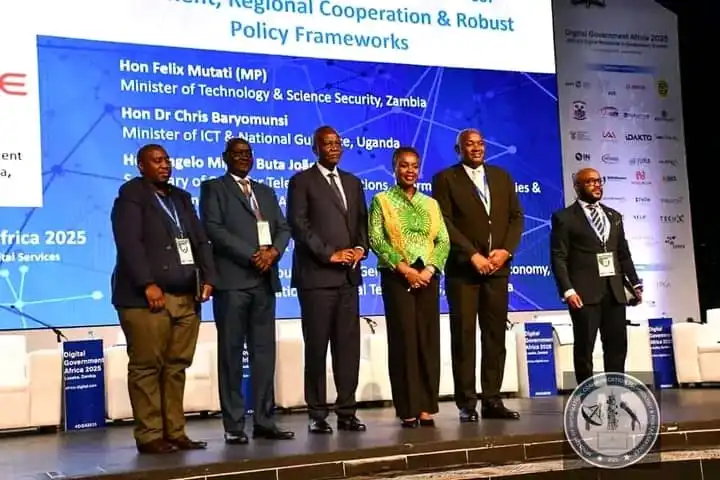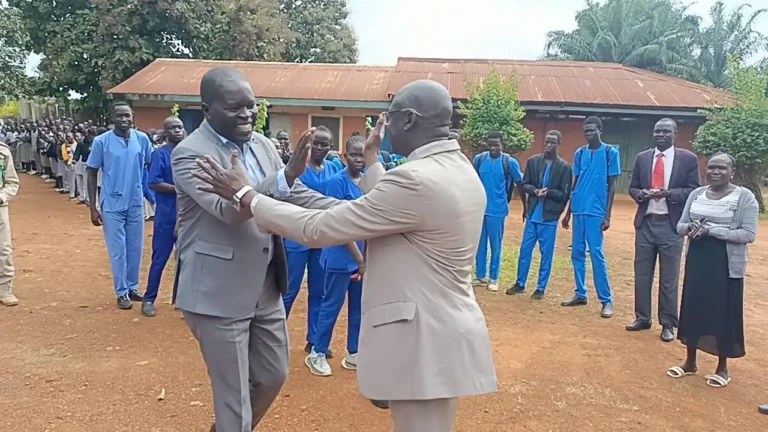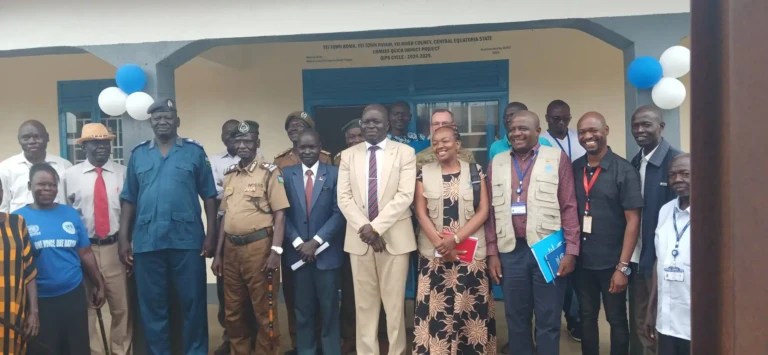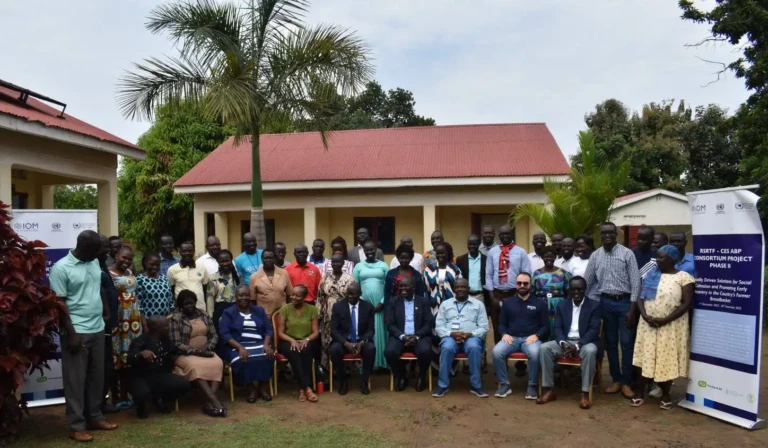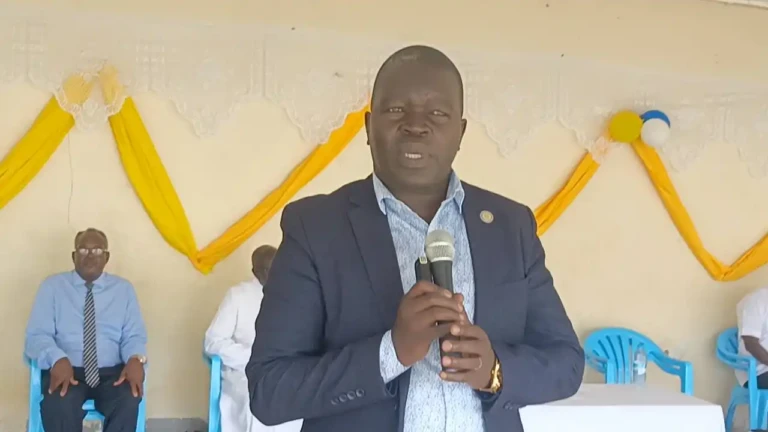
(JUBA) – South Sudan is nearing the completion of its first ever seismological observatory centre, a major step in building the country’s capacity to detect and monitor earthquake activity.
The development was confirmed during a site visit over the weekend by the Minister of Mining, Martin Gama Abucha, and the Indian Ambassador to South Sudan, Anil Nautiyal. The two officials toured the construction site in Rejaf Payam, located just outside the capital city, Juba.
The facility is being constructed with the support of the Indian Government and is expected to be fully completed and functional within a month, according to KAN Construction. Engineer James Nyok Mallet, the company’s project director, said work is progressing well and on track for handover.
After the inspection, Ambassador Nautiyal expressed India’s continued commitment to standing with South Sudan until the centre becomes fully operational. He noted that technical and diplomatic support would remain in place throughout the process to ensure the centre is well equipped and capable of performing its intended functions.
Once operational, the observatory will enable South Sudan to locally detect and gather data on earthquakes and underground tremors. The centre is expected to enhance early warning systems and improve national preparedness for seismic events.
Seismology is the scientific study of earthquakes and the movement of elastic waves through the Earth and other planetary bodies. Until now, South Sudan has had no internal capacity to monitor such geological activity, relying instead on data from neighbouring countries or international institutions.
The Ministry of Mining views the centre as a critical tool for scientific research, environmental safety, and risk reduction. Officials say it will also support infrastructure development, mining exploration and land use planning by providing accurate geological data.
Although no official figures have been disclosed regarding the cost of the project, the initiative is widely seen as a symbol of South Sudan’s efforts to modernise its scientific and disaster preparedness systems in partnership with international allies.
The Rejaf based facility is expected to become a national reference point for seismic monitoring and will mark South Sudan’s entry into a regional and global network of observatories tracking earth movement and potential earthquake threats.
Discover more from Access Radio Yei News
Subscribe to get the latest posts sent to your email.

